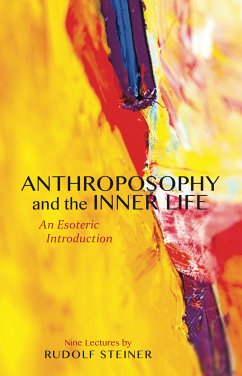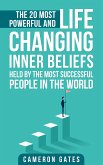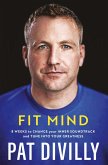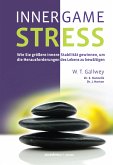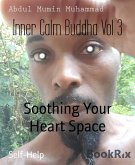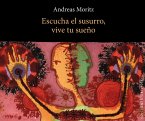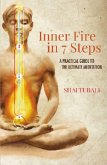Although these nine lectures were given to an audience that had been studying anthroposophy, or spiritual science, for many years, they were nevertheless described by Rudolf Steiner as an 'introductory course'. Given shortly after the Christmas Foundation Meeting, in which Rudolf Steiner refounded and renewed the Anthroposophical Society, these lectures reformulate the content of spiritual science from a condensed, personal, experiential point of view. What Steiner presented in his fundamental work Theosophy in a descriptive, systematic way, is complemented here with great intensity, challenging us to cultivate a living experience of the spiritual nature of ourselves and of the world.
This volume is therefore an invaluable companion to the book Theosophy. Given the unique nature of these lectures, they are suitable for both the advanced student and the beginner who wishes to embark on an exploration, however tentative, of the vast range of Rudolf Steiner's work.
Dieser Download kann aus rechtlichen Gründen nur mit Rechnungsadresse in A, B, BG, CY, CZ, D, DK, EW, E, FIN, F, GR, H, IRL, I, LT, L, LR, M, NL, PL, P, R, S, SLO, SK ausgeliefert werden.

